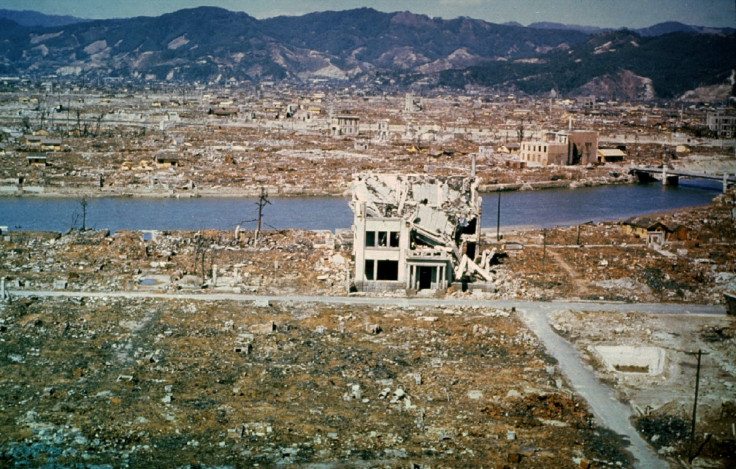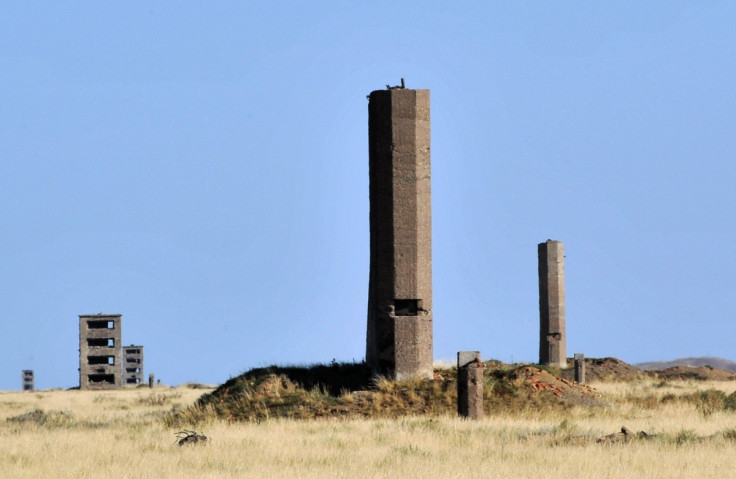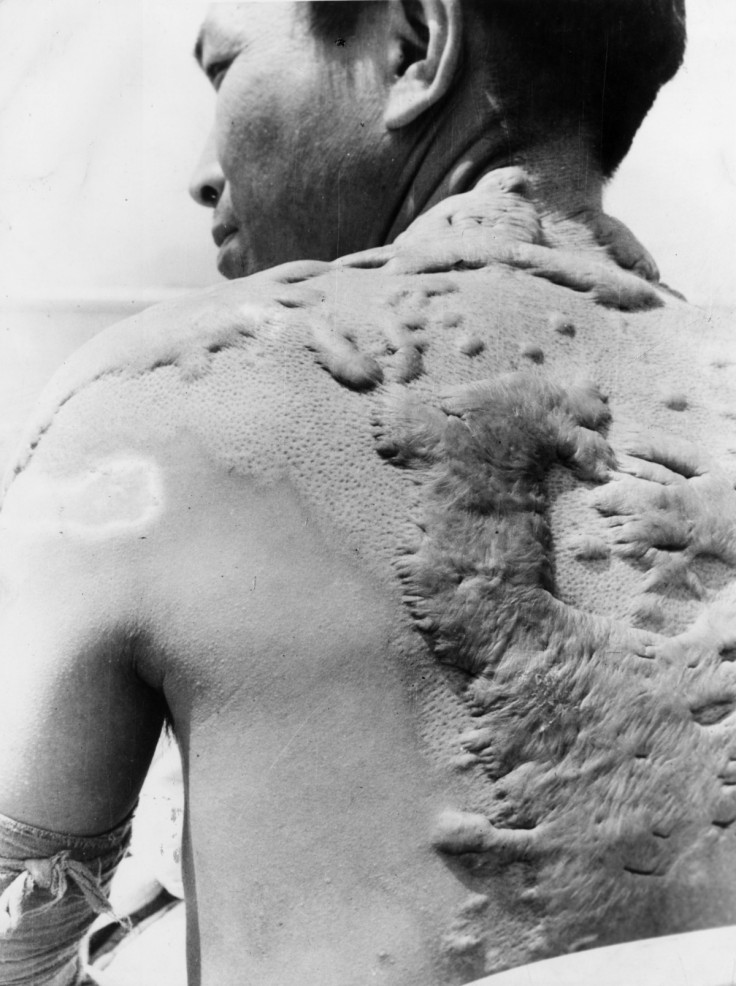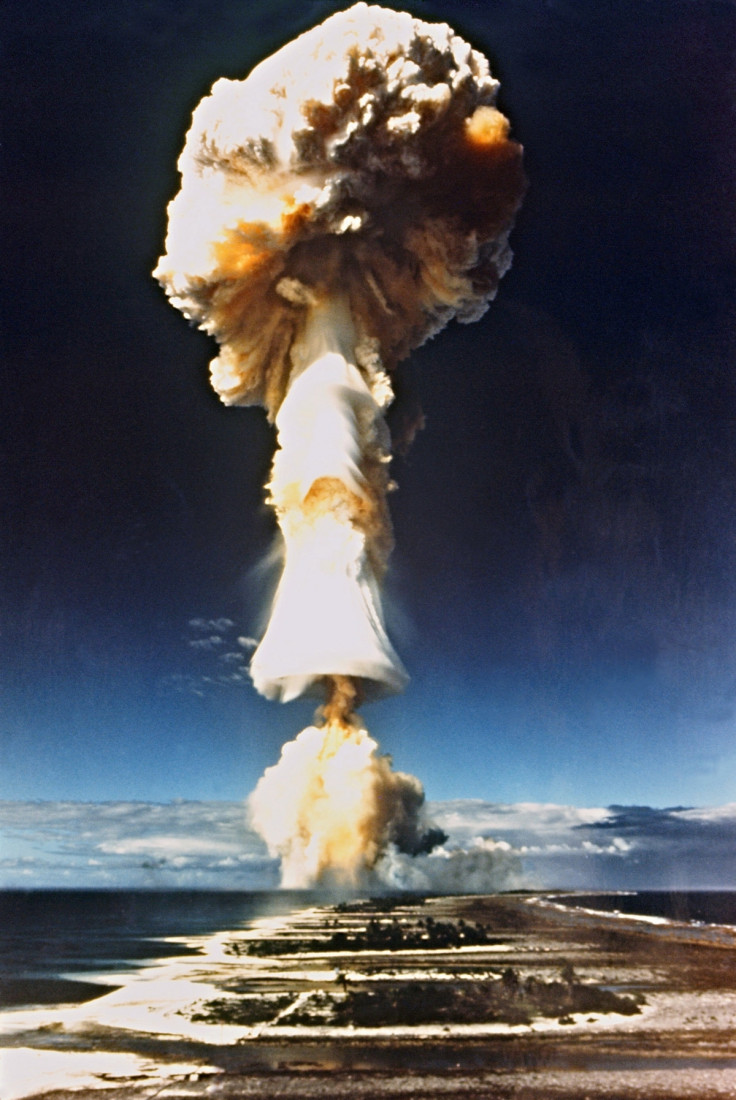Want a world without the threat of nuclear weapons? We must ban nuclear testing

There are few countries that have more reason or authority to champion the cause of a world free of nuclear weapons than Japan and Kazakhstan. Japan, of course, as it is the only nation to have suffered nuclear attacks. The loss of life and devastation caused to Hiroshima and Nagasaki 70 years ago has helped prevent their military use ever again.
While the impact of nuclear weapons on Kazakhstan may not be as well-known, the damage both to the health of our citizens and the environment have been unmatched in peacetime. Over four decades, our country was the scene of almost 500 nuclear tests in our atmosphere, on the ground and under the ground. Together they had the cumulative impact of more than 2,500 Hiroshima bombs.
Even though the Semipalatinsk site was closed in 1991, its terrible legacy lives on. An area of more than 18,000km<sup>2 remains contaminated with radiation. According to the UN, as many as 1.5 million people have suffered – thousands of them fatally – from radiation-related health problems. Cancers and birth defects will continue to hit future generations for many decades to come.

This explains why, when Kazakhstan became independent 24 years ago, we immediately took a stand against nuclear weapons. Not only was the Semipalatinsk site shut down but we also renounced the world's fourth largest nuclear weapons arsenal, inherited from the Soviet Union. We have also worked tirelessly – through practical measures like the establishment of the Central Asian Nuclear Weapon Free Zone and international campaigning – for their total elimination from our world.
This shared history is why Japan and Kazakhstan have joined together to take a major step towards this goal. Our two countries are now heading an effort to encourage the remaining eight states to sign and ratify the Comprehensive Nuclear Test Ban Treaty (CTBT) so it can come into force.

The CTBT was adopted by the UN almost 20 years ago and has now been signed by 183 countries and ratified by 164 countries. But eight countries – China, Egypt, North Korea, India, Iran, Israel, Pakistan and the United States – have still not signed the document or have signed but have not ratified. When Japanese Prime Minister Shinzo Abe visited Kazakhstan in October, he and President Nursultan Nazarbayev dedicated themselves "individually and jointly" to helping persuade these countries to join the rest of the world.
It is national leaders who will, of course, make the decision to sign and ratify the treaty. But working towards nuclear disarmament is not only a duty of governments but also a personal responsibility for all of us. It will be the voices and actions of individual citizens, within and outside these countries, which will make the difference.
This was recognised by President Nazarbayev at the UN General Assembly in September. Urging that a world free of nuclear weapons "should be the main goal of humanity in the 21st century", he called for building up a popular global movement to help achieve this ambition.
An important step in this direction was the adoption by the UN General Assembly earlier this month of a resolution approving the Universal Declaration for the Achievement of a Nuclear-Weapons-Free World. Put forward by Kazakhstan and co-sponsored by 35 countries, it received the support of 133 member nations in the critical vote. But while this large majority demonstrates that support for nuclear disarmament is growing, the fact that 23 countries voted against and 28 more abstained shows many still need to be persuaded on this crucial issue.
"A world free of nuclear weapons would be a global public good of the highest order", UN Secretary-General Ban Ki-moon
This is the role that the ATOM (Abolish Testing. Our Mission) Project, an international campaign initiated by Kazakhstan, has been playing. Its aim is to raise global awareness of the human and environmental devastation caused by nuclear weapons testing so global leaders hear that the world's citizens demand an end to it. More than 210,000 people from over 120 countries have already signed the ATOM Project's online petition to world leaders.

Overcoming the remaining resistance to a universal ban on nuclear weapons tests won't be easy. But we have seen recently with agreement over Iran's nuclear programme how determination and vision can overcome even the most difficult problems.
Nuclear disarmament, which UN Secretary-General Ban Ki-moon rightly described as "a public good of the highest order", holds the key to peace and security. This is why, despite progress, the estimated 18,000 nuclear weapons still in existence – particularly with the risk that they may fall into the hands of terrorists – is a threat to our very existence.
Humanity must rid itself of this sword of Damocles. A universal ban on nuclear testing would be a major step towards this goal.
Erlan Idrissov is the foreign minister of Kazakhstan
© Copyright IBTimes 2025. All rights reserved.






















